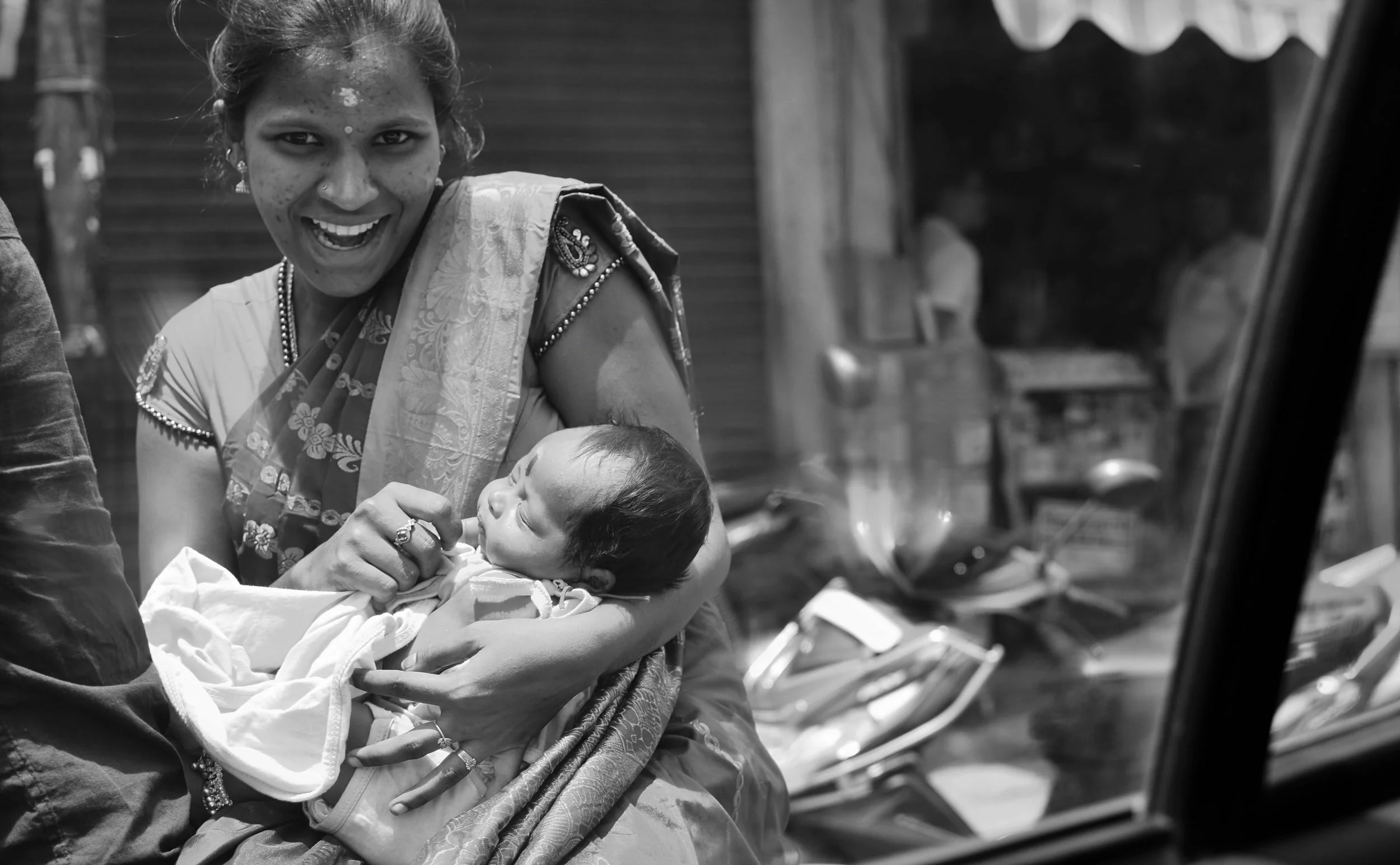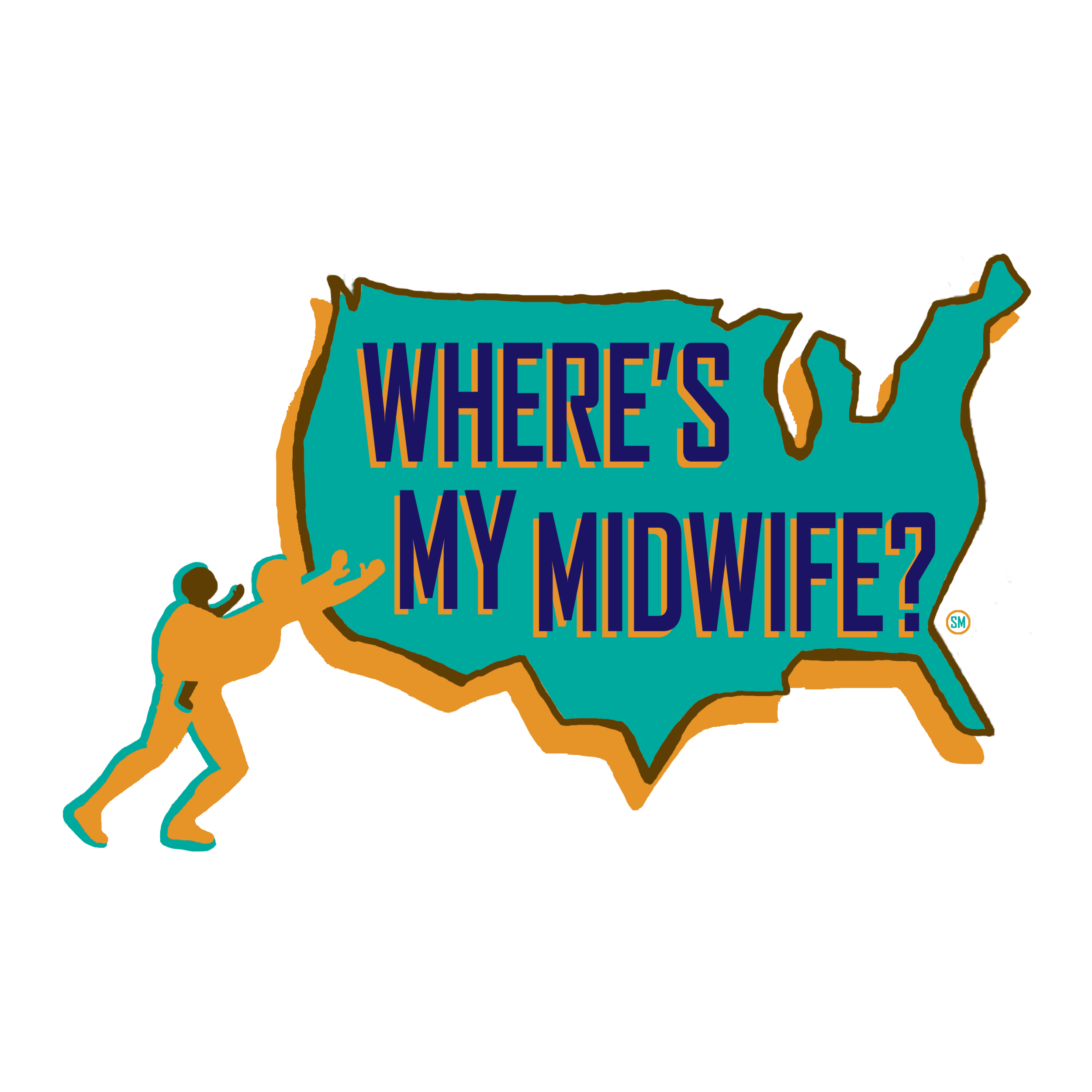Do I give my baby Vitamin K? This is a question parents are faced with answering before the birth of their baby. Let’s walk through it together.
What do we know about Vitamin K Deficiency?
We know that Vitamin K deficiency is a relatively rare, but very serious condition. Vitamin K is the nutrient that causes the blood to clot, without it internal bleeding can occur. Often by the time the bleeding is detected it is too late to repair the damage. Giving baby Vitamin K after birth is standard procedure. However, its important to weigh all options and make a decision that best suits your family.
Vitamin K Administration Options
Avoid all Vitamin K
Benefits: Parents wishes are observed.
Risks: The baby may become deficient and develop internal bleeding. If not caught in time the condition can cause fetal demise.
Vitamin K injection
Benefits: The most effective way to prevent vitamin K deficiency. Quick one time inject that occurs at birth. Most insurance covers this injection.
Risks: Pain at injection site. Swelling or bruising. Small chance of infection due to injection.
Oral Vitamin K
Benefits: Allows for spaced out dosages of once a week for 6 months or more. Also avoids injection pain or risks of swelling, bruising, and infection.
Risks: Not as effective in prevention of deficiency at the injection. Must be given over many months, and is usually paid for out-of-pocket. Currently, there are no FDA approved supplements.
Potential Challenges
Accessibility:
Not every birth setting offers each option.
Affordability:
Insurance does not cover oral vitamin K, often it's paid for by the family.
Awareness:
Many families are not informed of all their choices.
Questions to Consider
Do I understand the pros and cons of each choice?
Do I know which benefits and risks matter the most to me?
Do I have all the support I need to make this decision?
Do I feel unsure about my choice?




